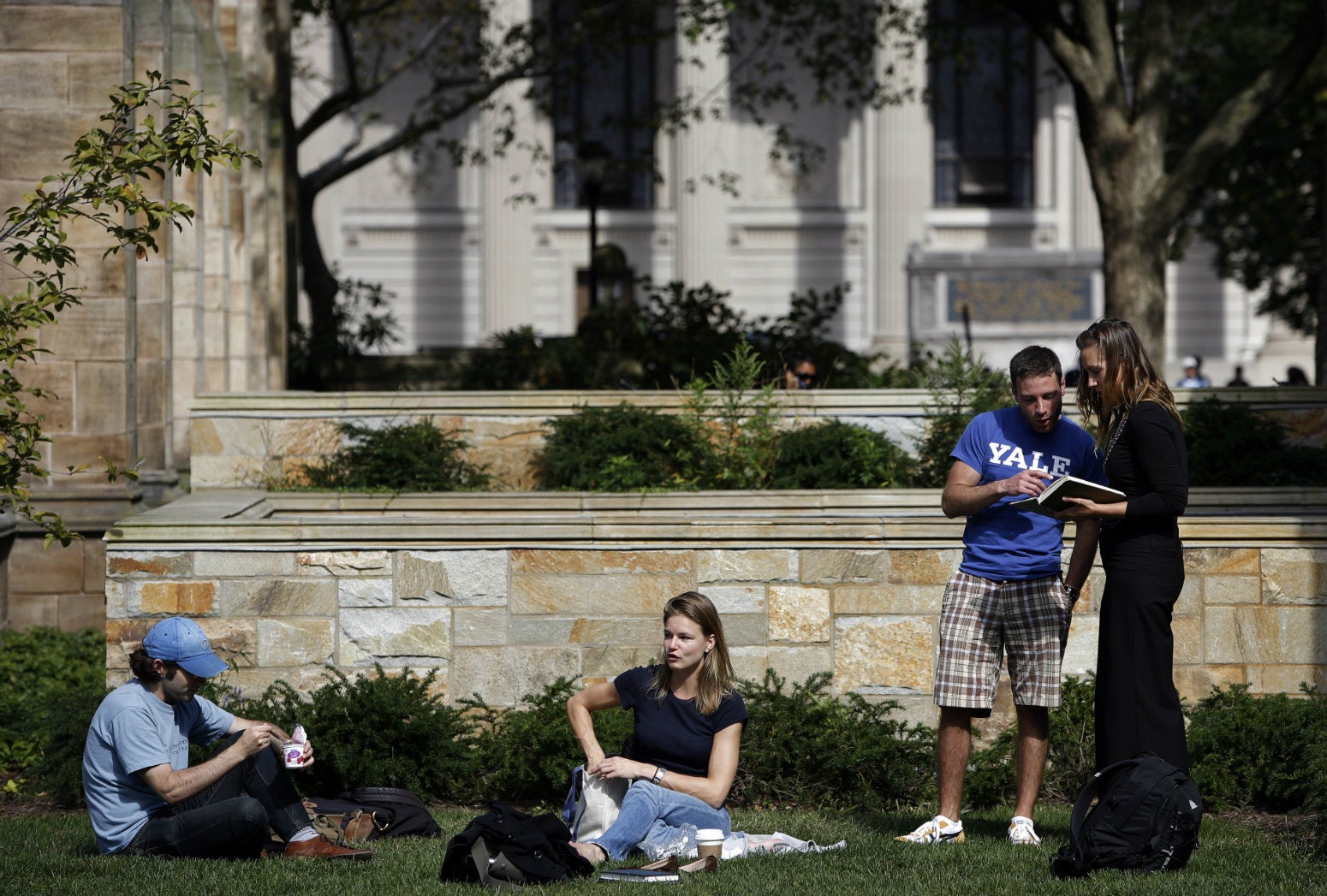How would US media cover a “third world” college admissions scandal?
For super-rich parents in this deeply unequal, bitterly polarised nation, status is everything. And they will do anything it takes to maintain their position—and that of their children—in the social pecking order, including giving bribes and committing fraud.


For super-rich parents in this deeply unequal, bitterly polarised nation, status is everything. And they will do anything it takes to maintain their position—and that of their children—in the social pecking order, including giving bribes and committing fraud.
Investigators in the United States this week have accused wealthy parents, including famous film and television stars and business tycoons, of giving bribes to secure admission for their children in the few elite educational institutions that survive in a country that is otherwise facing a higher education crisis.
In a nation that is already grappling with daily controversies sparked off by its uninhibited pro-Christian strongman president, who is being investigated for colluding with Russia’s Kremlin to push a divisive, racist agenda, this latest scandal threatens to further deepen social divisions.
Meritocracy
The uncovering of a far-ranging conspiracy to ensure wealthy children are able to make it into exclusive educational spaces, despite the veneer of ‘merit’, is expected to fuel grassroots political movements that have tried to turn inequality into a major issue.
The details of the corruption scandal reflect the lengths to which the upper class in the country have to go to maintain the facade of meritocracy.
In one case, for example, one parent bought equipment and “worked with a graphic designer to create what looked like a photo of an aspiring athlete in action”, so that his son was given a spot on the university’s water polo team. (Water polo is a niche sport played by members of a particular affluent community, in which players throw a ball over a net while standing in a sunken arena filled with water).
Other corrupt methods involved ensuring the wealthy children only took their college admission tests in specific centres, where those in charge of conducting the exams would correct the responses afterwards. Journalists even said that in some cases the children did not know that their parents were rigging the process to ensure they received admissions.
‘Ruh ro’
The irony of this scandal was driven home by the way the bribes were paid: Wealthy parents donated money to a charity which claimed to provide “educational and self-enrichment programmes to disadvantaged youth.” In fact, the money was going to a man professing an unusual occupation unique to this culture known as a “life coach,” who helped ensure admissions for wealthy children.
Investigator documents provide surprising details about the conspiracy, like one celebrity accused in the case responding to news that the conspiracy was not going as planned with the words “Ruh ro”, a tagline that can be attributed to a popular talking dog television show.
Maybe the most unexpected element of the story, in a country where income inequality is now at the same level as it was before the Great Depression, is that this was a scandal at all. The country’s laws actually allow those within the upper classes or those who provide large enough donations, to legally get preferential treatment from universities.
This is why the controversy is unlikely to engulf the allegedly corrupt president’s family, despite reports that suggested his son-in-law was only accepted to a 380-year-old elite institution named after an English pastor thanks to a $2.5 million (around Rs17 crore) donation.
The uncovering of the conspiracy, however, is bound to deepen political fissures, raising questions about whether the social instability will devolve into further strife, endangering neighbours and countries around the world.
This article was originally published in Scroll.in. We welcome your comments at [email protected].